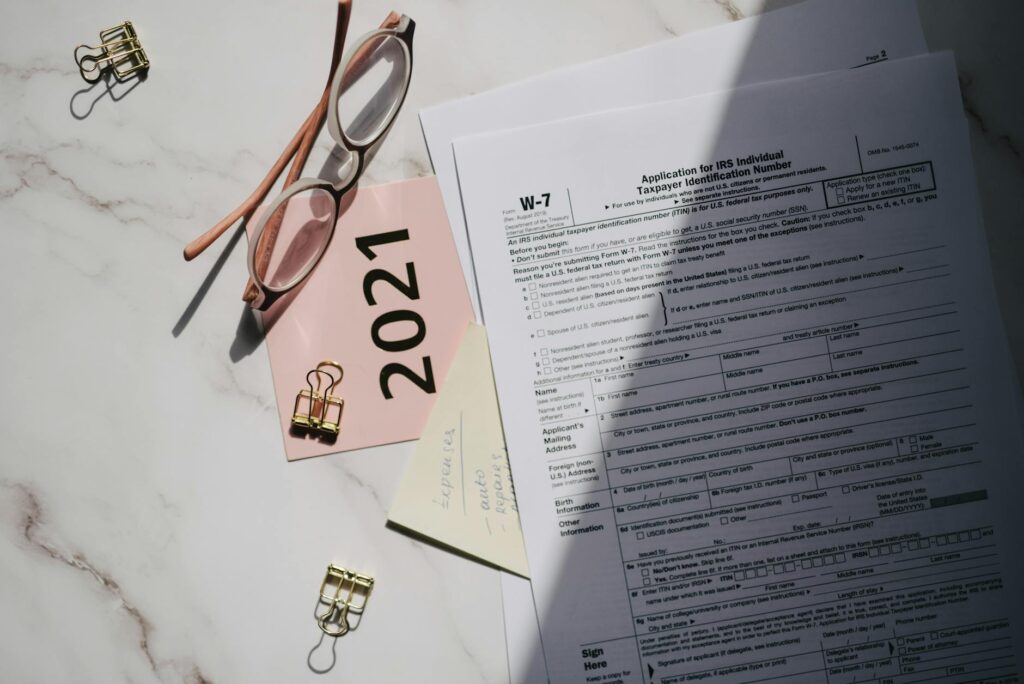Managing personal finances is a fundamental aspect of achieving financial freedom, yet many Americans continue to make crucial mistakes that jeopardize their economic stability and future. Below are the pivotal missteps to be aware of and avoid.
Not Having a Budget
One of the most significant errors is the lack of a budget. Without one, it’s nearly impossible to track where your money is going each month. A budget is vital for planning spending and savings, helping to avoid unnecessary debt. 
Failing to Save for Emergencies
An emergency fund acts as a financial safeguard. However, many overlook its importance. Without it, unexpected expenses can lead to high-interest debt.
Living Beyond Their Means
Spending more than you earn is a quick path to debt. It’s essential to live within your means, which sometimes means delaying gratification to ensure future financial health.
Not Investing Early
Another mistake is waiting too long to invest or not investing at all. The power of compounding interest means the earlier you start, the better.
Ignoring Retirement Planning
Delaying retirement planning can hinder your ability to retire comfortably. Starting early can significantly impact your financial capacity during retirement.
Mishandling Credit Cards
Credit cards can be a double-edged sword. Misusing them—not paying off the full balance or accruing high-interest rates—can lead to devastating debt. 
Not Using Tax-Advantaged Accounts
Failure to utilize accounts like 401(k)s or IRAs that offer tax benefits can result in a loss of potential earnings.
Paying Only the Minimum on Debts
Paying only the minimum on debts means you’ll pay more in interest over time. Strive to pay more than the minimum to reduce debts quickly.
Lack of Financial Goals
Having clear, specific financial goals is crucial for success. Without them, it’s challenging to gauge progress.
Impulse Buying
Impulse purchases can derail even the most careful financial plans. It’s important to differentiate between wants and needs.
Forgetting to Review and Adjust Your Budget
As life changes, so should your budget. Regularly reviewing and adjusting your budget is key to staying on track.
Underestimating Insurance Importance
Insurance—health, auto, life—is often seen as an unnecessary expense until it’s too late. It’s crucial to be adequately covered.
Ignoring Fees on Investments and Banking
Fees can eat into your savings and investments. Pay attention to the fees you’re being charged.
Not Checking Credit Reports
Regularly checking your credit report can help you catch errors or fraud early, protecting your credit score.
Being Unprepared for Taxes
Failing to plan for taxes can result in a large, unexpected bill come tax season. It’s important to understand your tax liabilities.
Overspending on Housing
Housing is a major expense for many. Spending more than you can afford on housing can significantly impact your ability to save and invest.
Letting Emotions Drive Financial Decisions
Making emotional decisions about money can lead to poor choices. It’s essential to take a step back and think logically.
Ignoring Financial Education
One of the primary reasons for financial mistakes is the lack of financial literacy. Taking time to learn about personal finance can vastly improve decision-making.
Conclusion
Avoiding these mistakes can significantly impact your financial health and your future wellbeing. Start by creating a budget, planning for emergencies, and investing in your future. Remember, it’s never too late to turn your financial situation around. 
Frequently Asked Questions
Why is having a budget so important? A budget helps you track your spending, save money, and plan for the future, making it easier to achieve financial goals.
How much should I save for emergencies? It’s recommended to have at least 3-6 months’ worth of living expenses saved in an emergency fund.
What’s the best way to manage impulse buying? Creating a budget that includes a small amount for ‘wants’ can help manage impulse buying while still allowing for occasional treats.
Why should I invest early? Investing early takes advantage of compound interest, potentially leading to greater wealth over time.
How often should I review my budget? You should review your budget regularly, at least every few months or whenever there’s a significant change in your financial situation.



